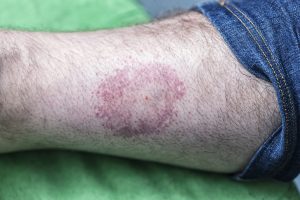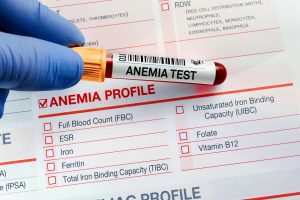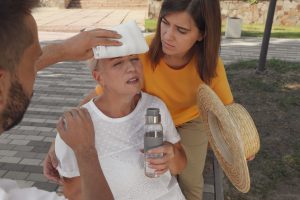 Flushing Hospital Medical Center’s New Beginnings unit provides women and their families with the ultimate birthing experience. Each month, we cover a new topic exploring an important aspect of health and well-being for expectant mothers. This month, we’ll cover the health benefits of exclusive breastfeeding for both mothers and their babies.
Flushing Hospital Medical Center’s New Beginnings unit provides women and their families with the ultimate birthing experience. Each month, we cover a new topic exploring an important aspect of health and well-being for expectant mothers. This month, we’ll cover the health benefits of exclusive breastfeeding for both mothers and their babies.
According to the American Academy of Pediatrics, exclusive breastfeeding involves only feeding breast milk to your baby and no other foods or liquids. It is the best source of nutrition for your infant’s first six months of life. Some of the benefits to babies and mothers include:
• Providing all necessary nutrients for the baby’s healthy physical development, including vitamin D, iron, and zinc
• Preventing infections and serious health conditions, both during infancy and later in life
• Reducing a mother’s risk of conditions such as cancer, type 2 diabetes, and high blood pressure
Breastfeeding may become less frequent as your baby starts eating solid foods around six to 12 months of age. For guidance on how you should breastfeed your baby, talk to a lactation consultant or your baby’s doctor or nurse.
Flushing Hospital’s New Beginnings unit offers spacious, modern delivery suites and advanced postpartum care, providing you with a safe environment to give birth and comprehensive follow-up medical support for you and your baby. To learn more about the unit, including accommodations and services provided, please call us at (718) 670-5702.
All content of this newsletter is intended for general information purposes only and is not intended or implied to be a substitute for professional medical advice, diagnosis or treatment. Please consult a medical professional before adopting any of the suggestions on this page. You must never disregard professional medical advice or delay seeking medical treatment based upon any content of this newsletter. PROMPTLY CONSULT YOUR PHYSICIAN OR CALL 911 IF YOU BELIEVE YOU HAVE A MEDICAL EMERGENCY.










